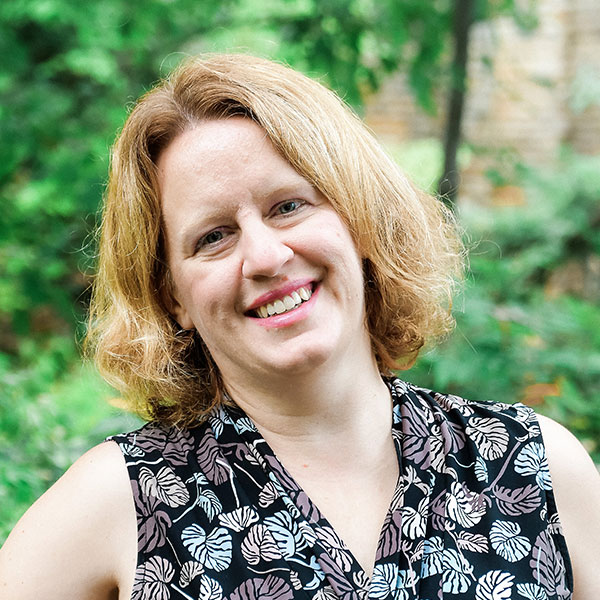Have you thought about your end-of-life arrangements? Do you want a wake or church service, or a more unique or simpler ceremony? Are you considering cremation? Maybe you just want to assign someone you can trust to make these decisions for you?
Traditionally, your funeral or disposition arrangements could be easily overridden by contrary wishes of remaining family. Fear of lawsuits promoted funeral homes, cemeteries and crematories to sign off on proceedings, especially around cremation in light of its permanence. This can cause more confusion with chasing down family members and dealing with differing opinions while emotions run high as everyone is in a state of grieving. In most circumstances, the majority rules, igniting or furthering family disputes. I once had a funeral director tell me a how a man’s remains sat in the morgue for two weeks until staff could convince his understandably distraught daughter to sign off on his cremation wishes, while his legally powerless and devastated girlfriend stood by waiting.
Right to disposition
Recognizing the risk for service providers and lack of legally binding pathway to ensure end-of-life wishes, legislators passed House Bill 426 in 2006, which allows individuals to appoint a representative who will hold top priority in making funeral and disposition arrangements, even over a spouse. This signed, notarized document grants a trusted appointee the right to determine the location, manner and conditions of the disposition of one’s physical remains, including the right to make arrangements and purchase goods and services for the funeral. Assigning someone to lead your end-of-life arrangements during your lifetime will guarantee your wishes are fulfilled while minimizing stress around making decisions as your loved ones are grieving. This is especially important if you are unmarried with kids (who can have differing opinions) or have a family that doesn’t get along.
Working with funeral homes
You can do as much advanced planning around your end-of-life arrangements as you’d like. I helped pre-plan a women’s funeral as her court-appointed guardian and we went to the nth degree. She selected her casket, cemetery plot, gravestone, what she’ll wear and her church service, including music and readings.
However, some people with smaller families may opt for a small service right at the gravesite. Whatever your wishes, many people don’t understand that you still have to coordinate with a funeral home because they are the only parties licensed to handle human remains. You don’t have to do the whole dog and pony show, but they will be leading the physical disposition.
You can even pay for your end-of-life arrangements in advance. Some people are hesitant to do so, fearing the funeral home may close or go out of business. However, by law, any advance payment goes to an insurance company overseen by the state of Ohio, so you can even decide to go with another funeral home later and won’t lose your money because it’s held by a third party.
Going to a funeral home during your lifetime allows you to explore options. Even if you’re not sure what you want, they typically have tons of ideas from traditional to alternative. If you just can’t bring yourself to go, or just want to leave the decisions up to someone else, at least chose a representative and work with an attorney to develop a right of disposition. This simply helps develop a plan and avoid some chaos for those you leave behind. As always you should inform your representative that you’re giving them this responsibility and tell them as much as possible about what you want.
If you have questions or need help with end-of-life planning, contact me today to set up a time to chat.


